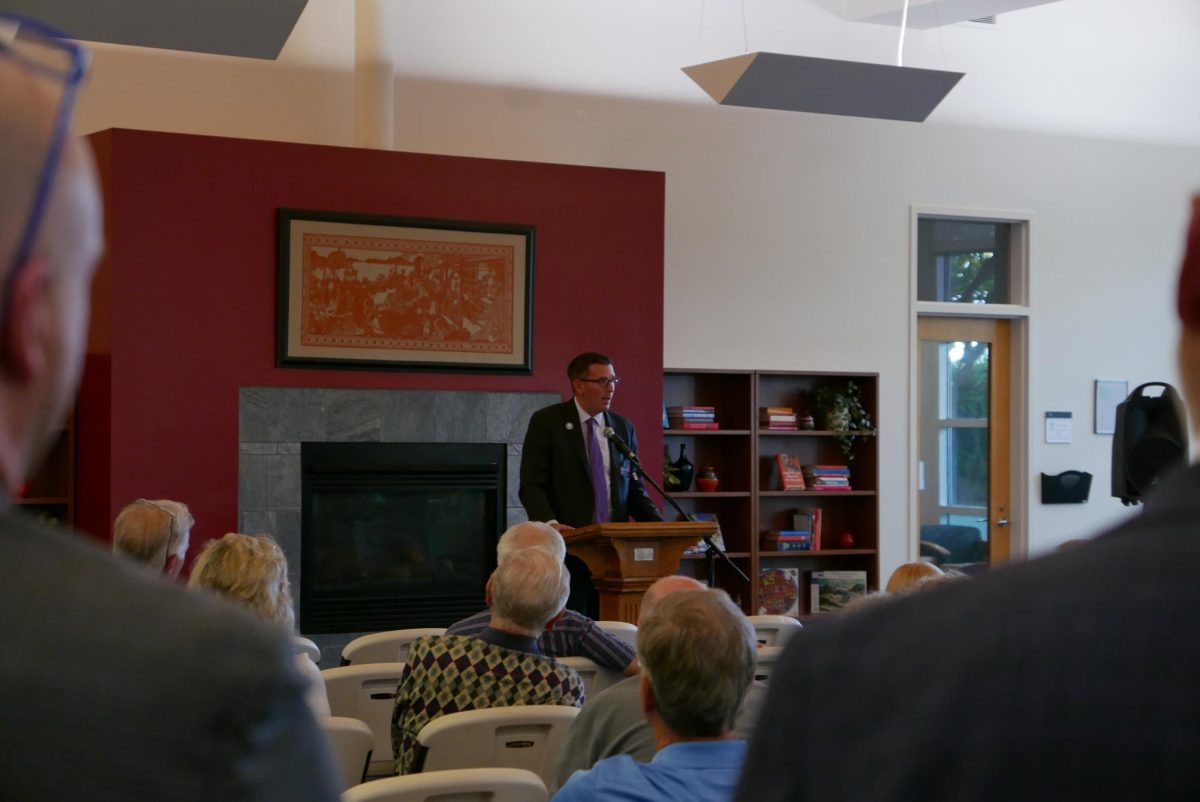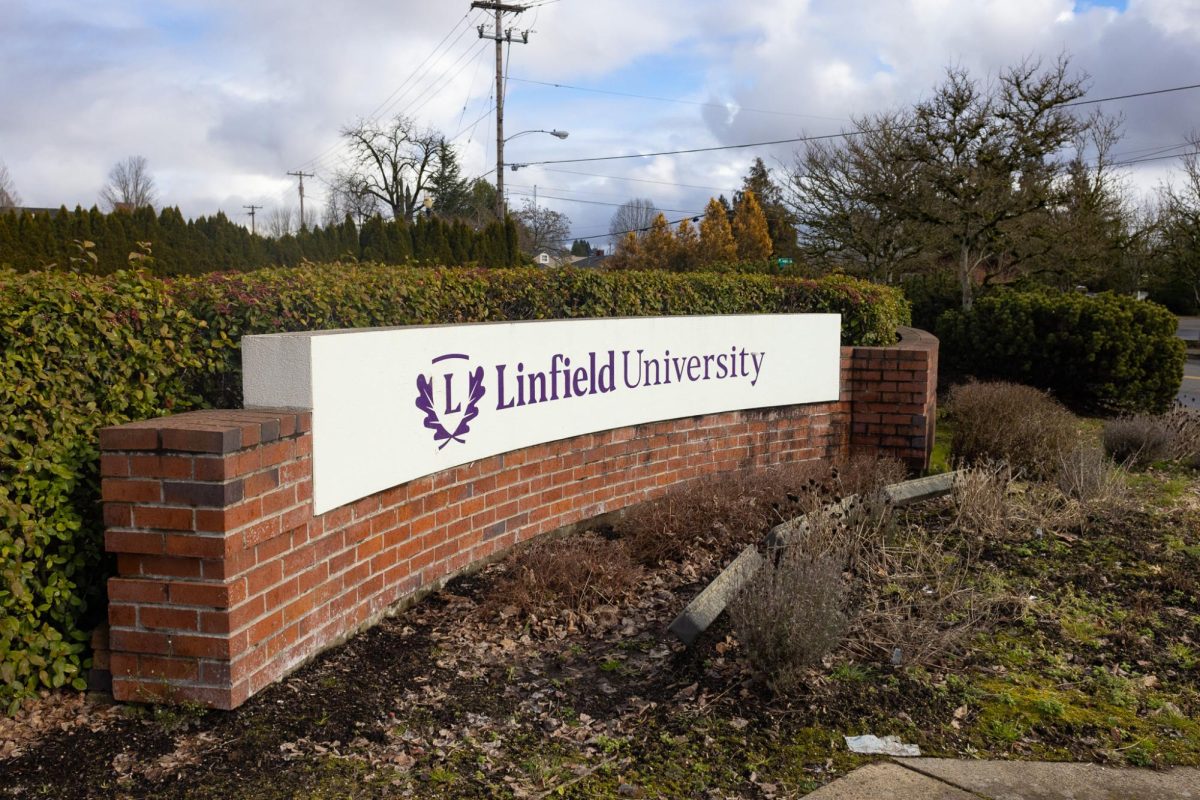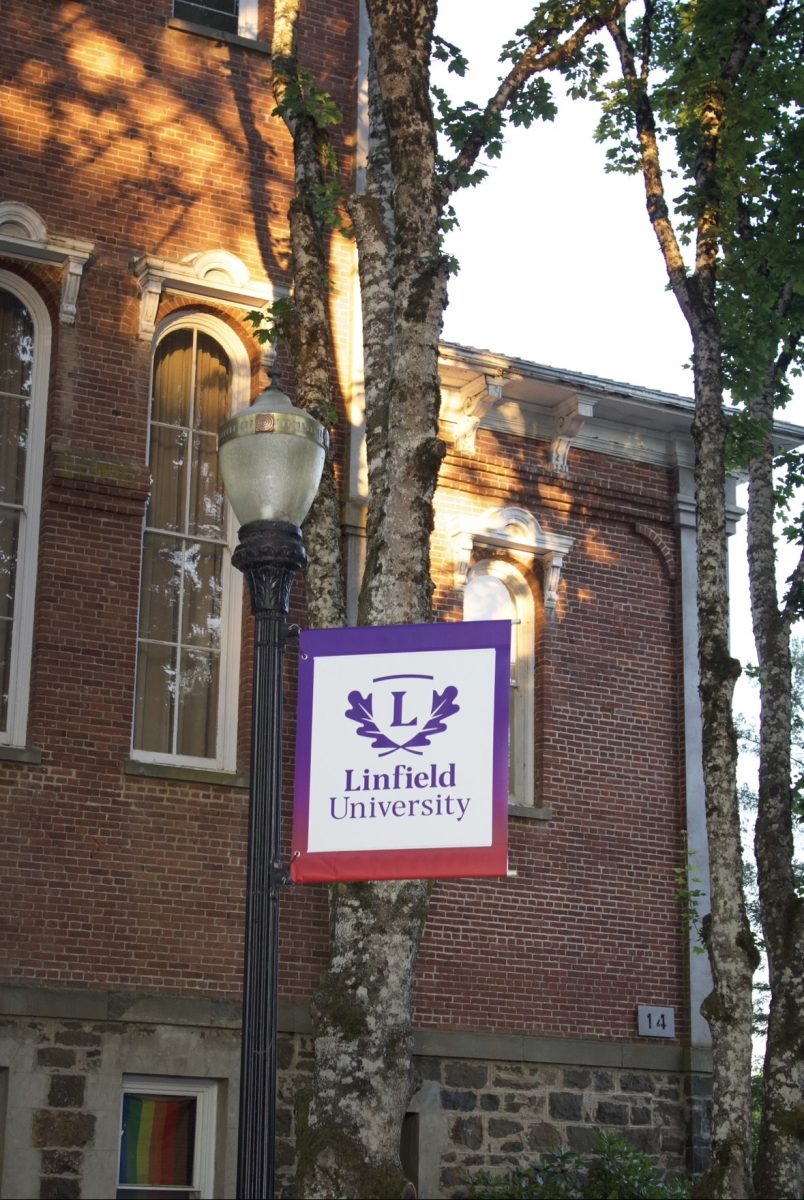Kelley Hungerford – Managing editor.
Students may have wondered about the exposed mud patch on the west side of Renshaw Hall. But it isn’t a bone excavation site or an IM mud-wrestling ring; it’s a garden-to-be.
Gardening Club creator and president sophomore Lily Ratliff has been working with the club since last fall to develop a garden that is more centrally located on campus than the Greenfield garden locate behind Facilities.
“I grew up eating out of my garden,” Ratliff, whose father is a master gardener, said. “Basically, we’re trying to educate students about where our food is coming from.”
Garden Club Vice President junior Sammi Mack said that the new 40-by-50-foot plot is more visible and available to students than the Keck campus plor.
“We want it to be more accessible to students—a place they can go and work with their hands and actively participate in learning how to live sustainably,” Mack said.
With the help of Mack and junior Libby Wilcox, Ratliff received a $2,000 grant from the ACES (Advisory Committee on the Environment and Sustainability) Committee’s Renewable Energy and Sustainability Fund. Mack said that writing the grant forced them to identify short-term and long-term goals.
So far, a lot of the grant money has been used to purchasing shovels, trowels and other tools. The club also bought a lot of lumber to create two raised garden beds, which Ratliff said will be constructed at Gardening Club’s workshop at Powershift Linfield on Feb. 27.
“The actual constructing of the site is perhaps the more difficult work,” Mack said. “But that’s what makes it really exciting when you accomplish something.”
Mack said the club is currently working on purchasing seeds from Territorial Seed Company, an Oregon-based supplier, and said the club expects to start planting in March.
The Gardening Club members aren’t the only ones getting their hands dirty. The club has been working closely with Director of Facilities & Auxiliary Services Brad Sinn and Landscape Supervisor Jeff Scott in facilities to establish the location of the plot. And, although it’s still in the works, the grounds crew agreed to set up a drip irrigation system for the garden. Ratliff said that type of system periodically lightly mists the garden.
During January Term, farmer Mike Paine of Yamhill’s Gaining Ground Farm lent a hand with cutting sod, the surface of the ground that contains grass and its roots.
“We all cut the sod and rolled it up and heaved these huge pieces over to the side,” Mack said.
Paine helped repair the sod cutter, which broke while they were tearing up sod, Ratliff said.
The garden will also feature a compost machine, thanks to Greenfield members junior Katie Kann and freshman Rachel Codd, who received a $750 grant from the sustainability fund to help purchase the machine.
“We think that having the garden and composting machine by Renshaw will increase its popularity and get students enthusiastic about reducing the amount of waste they put in landfills,” Kann said, in an e-mail. “Also, we want to see more participation in the garden.”
The compost machine will be available in the garden as soon as it can be safely kept there, Kann said.
The Gardening Club is planning to purchase a shed in which to house the machine and its tools and also a fence to enclose the garden and keep deer out of it.
The fence will also protect the garden from sports activities that take place on the IM field. IM Sport director Lauren Loepp said the IM soccer field will be moved closer to the Observatory to accommodate the garden.
“There is plenty of room for both facilities to be useful and successful,” Loepp said, in an e-mail.
While some issues quickly presented themselves, such as most of the harvesting time being in the summer, Ratliff said this year’s garden is largely a trial run to weed out any problems and calculate students’ interest in gardening.
But Ratliff has aspirations for the garden.
“We’ve talked about setting up, coordinating with Sodexo and maybe having a station with meals made out of what we grow,” she said.
Other long-term ideas for the garden include selling the club’s crops at the McMinnivlle Farmers Market, working with Salvation Army and the soup kitchen and even creating a summer internship for students to work on the garden.
Chad Tillberg, assistant professor of biology and the Garden Club’s faculty adviser, said that it’s beneficial for students to be exposed to a garden. He said he hopes that it can be maintained and used for academic purposes, too.
“My … hope is that it produces good food that is useful for Linfield students and that it is also a teaching tool for biology students, for example,” he said.
The Gardening Club meets Tuesdays at 7 p.m. in Riley 210. For more information about the club, the garden or the Powershift event, contact Ratliff at [email protected].
Categories:
How does your garden grow?
February 19, 2010
Tags:
More to Discover







